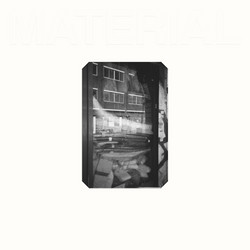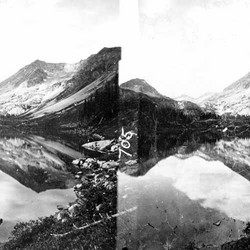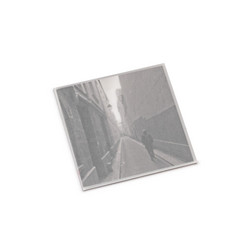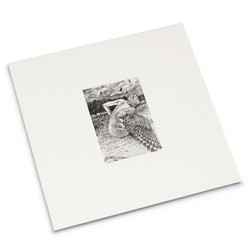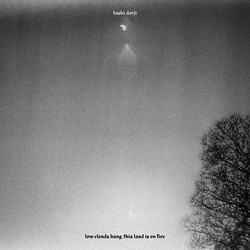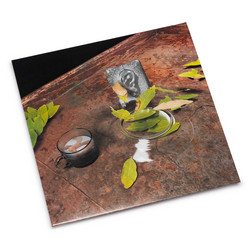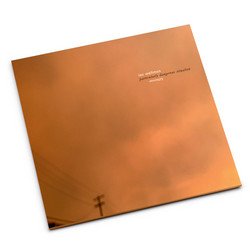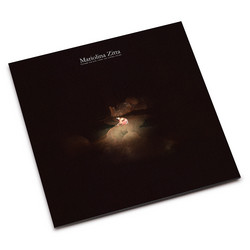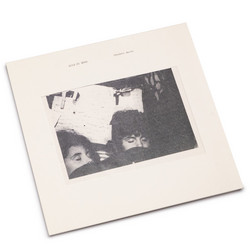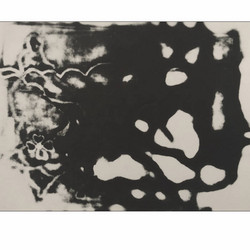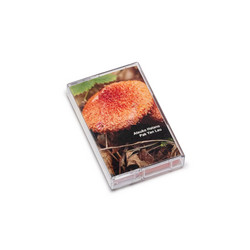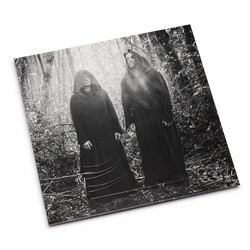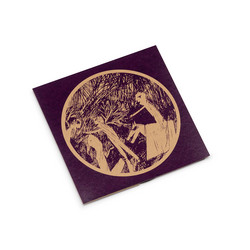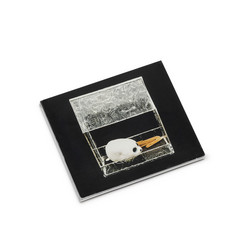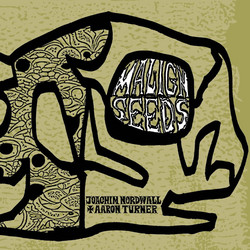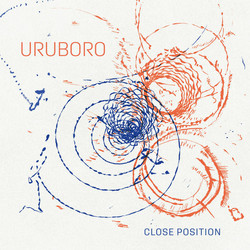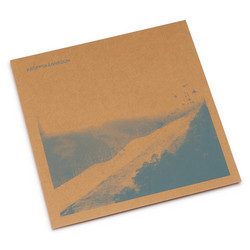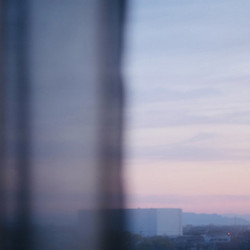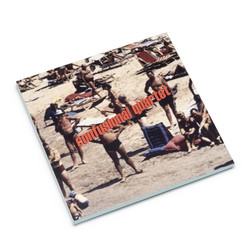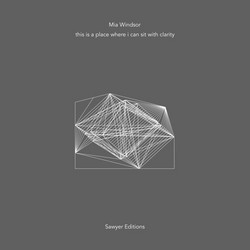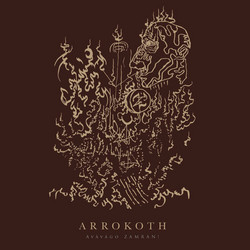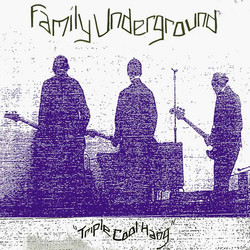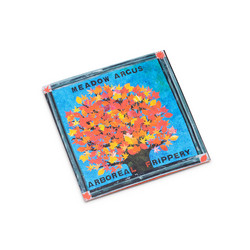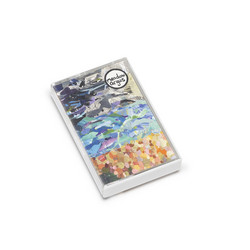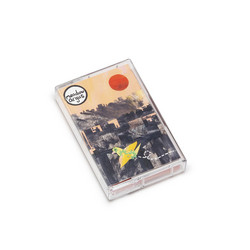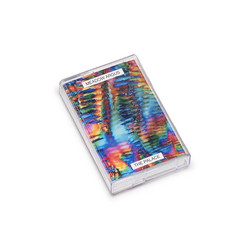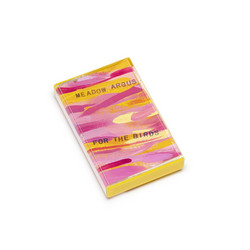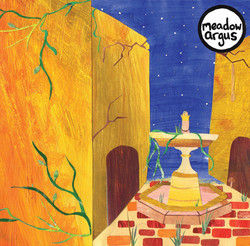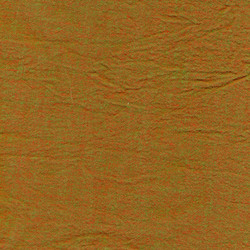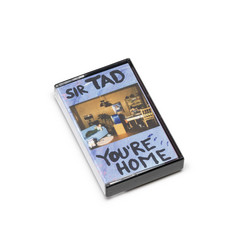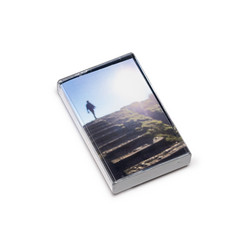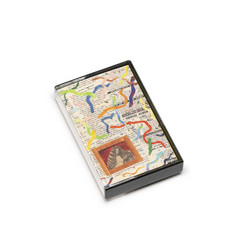*32 copies limited edition* When I was a teenager living in the desert, my brother and I and a couple close friends had a secret smoke spot behind some bushes in the sandy flats near the wash. The perfect spot because as long as no one saw us going in, once we were inside, the thick brush kept us hidden. We slowly made upgrades, like dragging a van bench seat we found or other makeshift furniture or decor, such as a “flooded” street sign. This kind of place is what I think of when I picture "The Palace". It wasn't much but it was ours and was secret and we could do whatever we wanted and be ourselves, away from authority figures. To outsiders it might've seemed like a collection of junk, but it was our treasure.
The Palace exists in the future in the same Meadow Argus universe of past tapes, and the sounds you hear come from both inside and outside the palace. Outside the gates the world is desolate, bleak, deserted, and the palace itself is in ruins, yet it is safe and, for its occupants, all theirs.
“It was just like any rocky hill - sand and rocks and some old wooden boxes. But we [kids] called it Roxaboxen and it was a town all our own. We created houses out of stones and those old boxes became our furniture. There was one street at first but gradually the town grew. With something round [for a steering wheel], you had yourself a car. It was a special place to us - anything could happen, and often did.” - Roxaboxen by Alice McLerran, illustrated by Barbara Cooney, 1991
“The Palace Flophouse was no sudden development. Indeed when Mack and Hazel and Eddie and Higue and Jones moved into it, they looked upon it as little more than shelter from the wind and the rain, as a place to go when everything else had closed or when their welcome was thin and sere with overuse. Then the Palace was only a long bare room, lit dimly by two small windows, walled with unpainted wood smelling strongly of fish meal. They had not loved it then. But Mack knew that some kind of organization was necessary particularly among such a group of ravening individualists. …
“The next day Mack puffed up the hill carrying a rusty set of springs he had found on a scrap-iron dump. The apathy was broken then. They boys outdid one another in beautifying the Palace Flophouse until after a few months it was, if anything, overfurnished. There were old carpets on the floor, chairs with and without seats. Mack had a wicker chaise longue painted bright red. There were tables, a grandfather clock without dial face or works….” - Cannery Row by John Steinbeck, 1945
